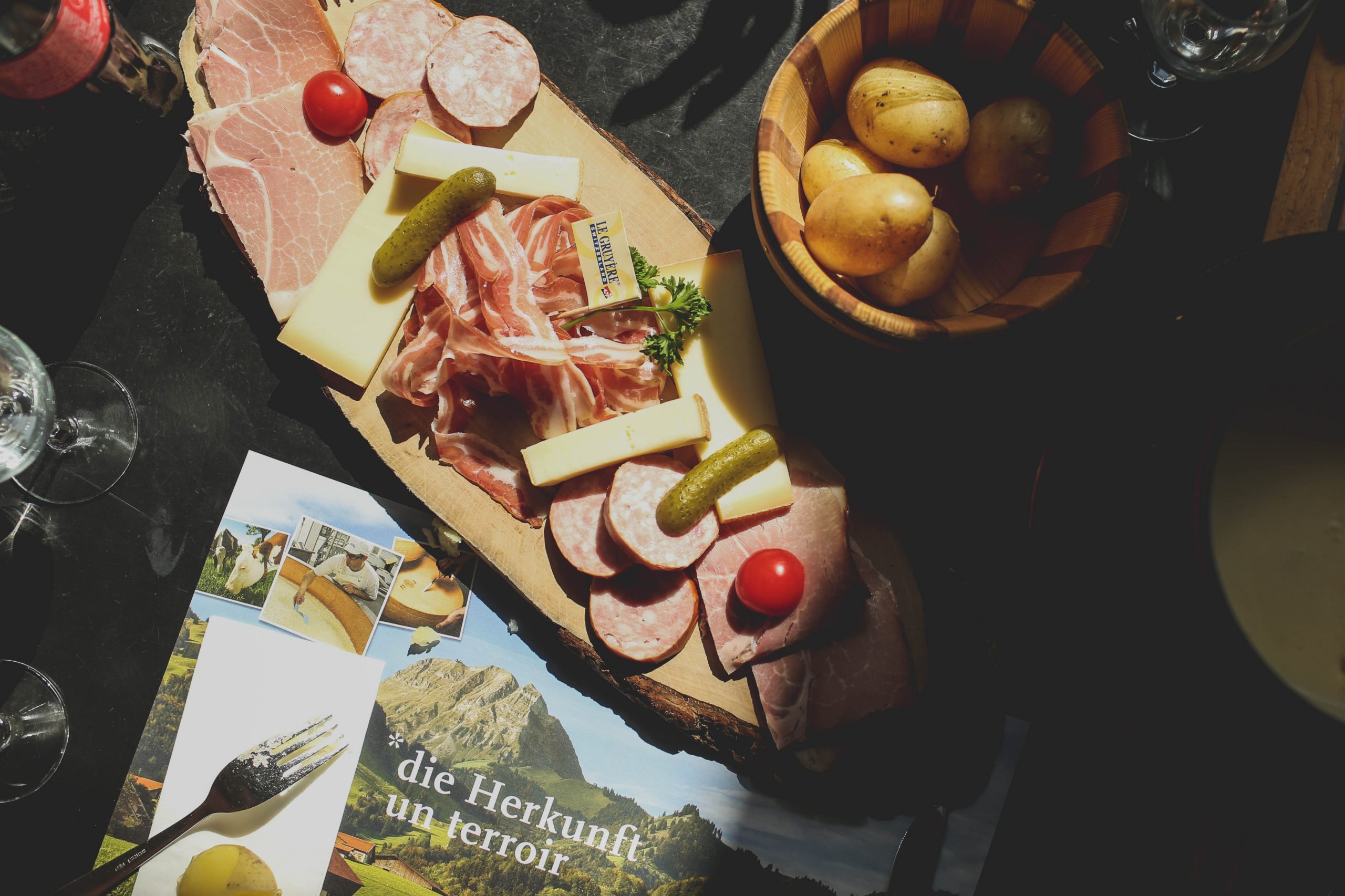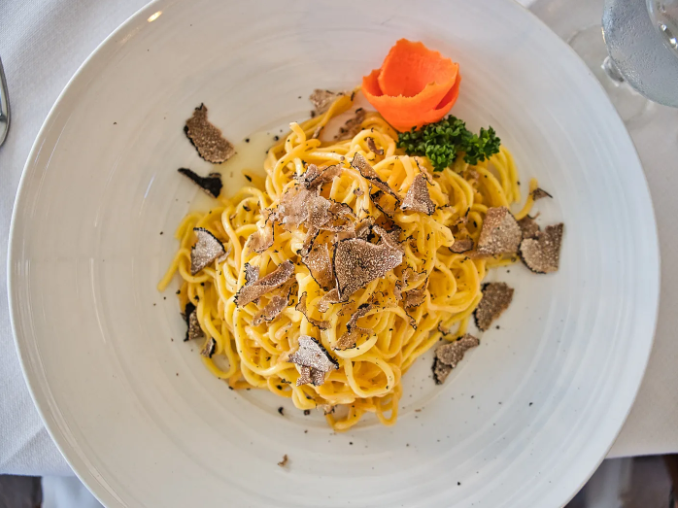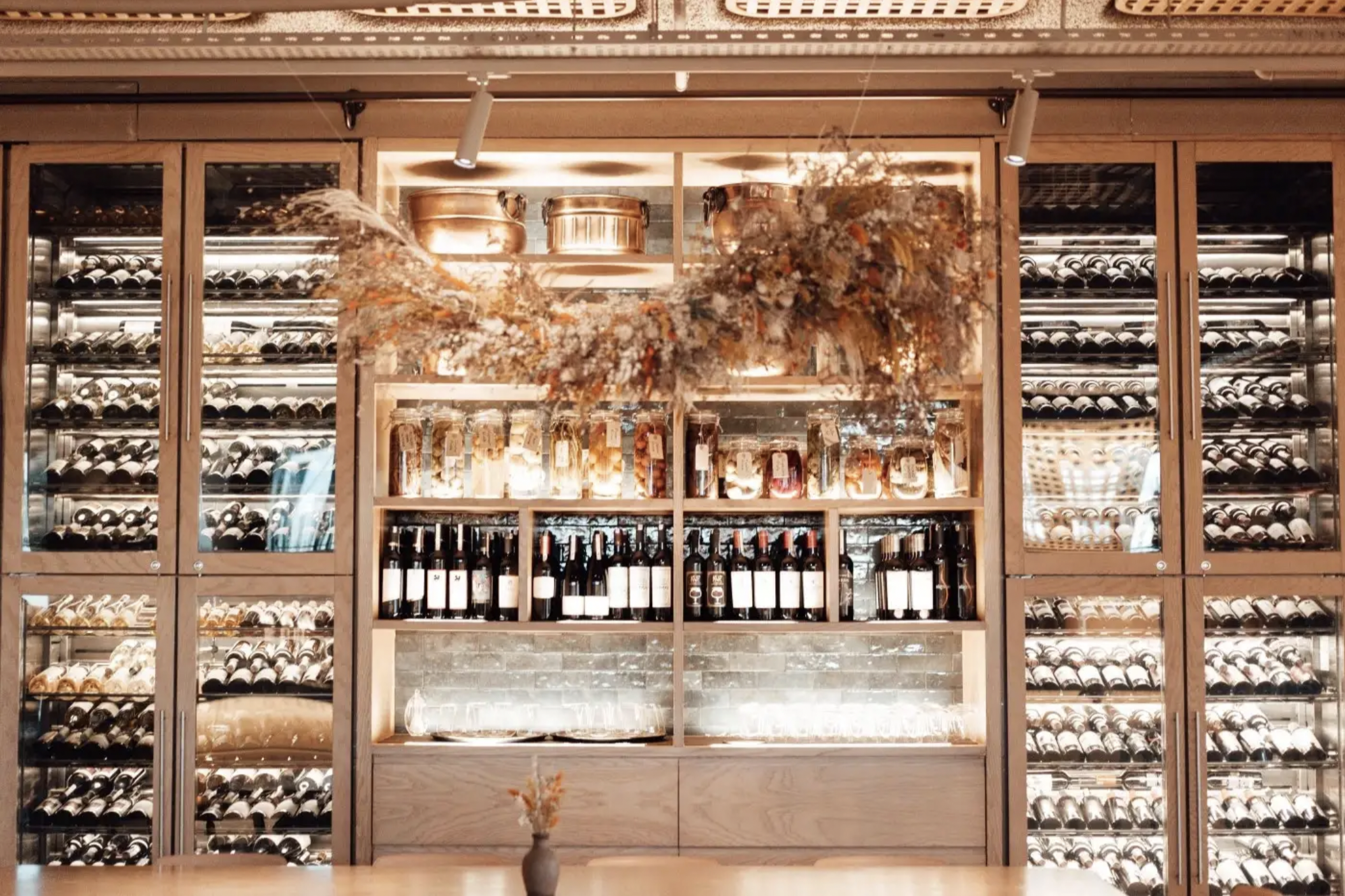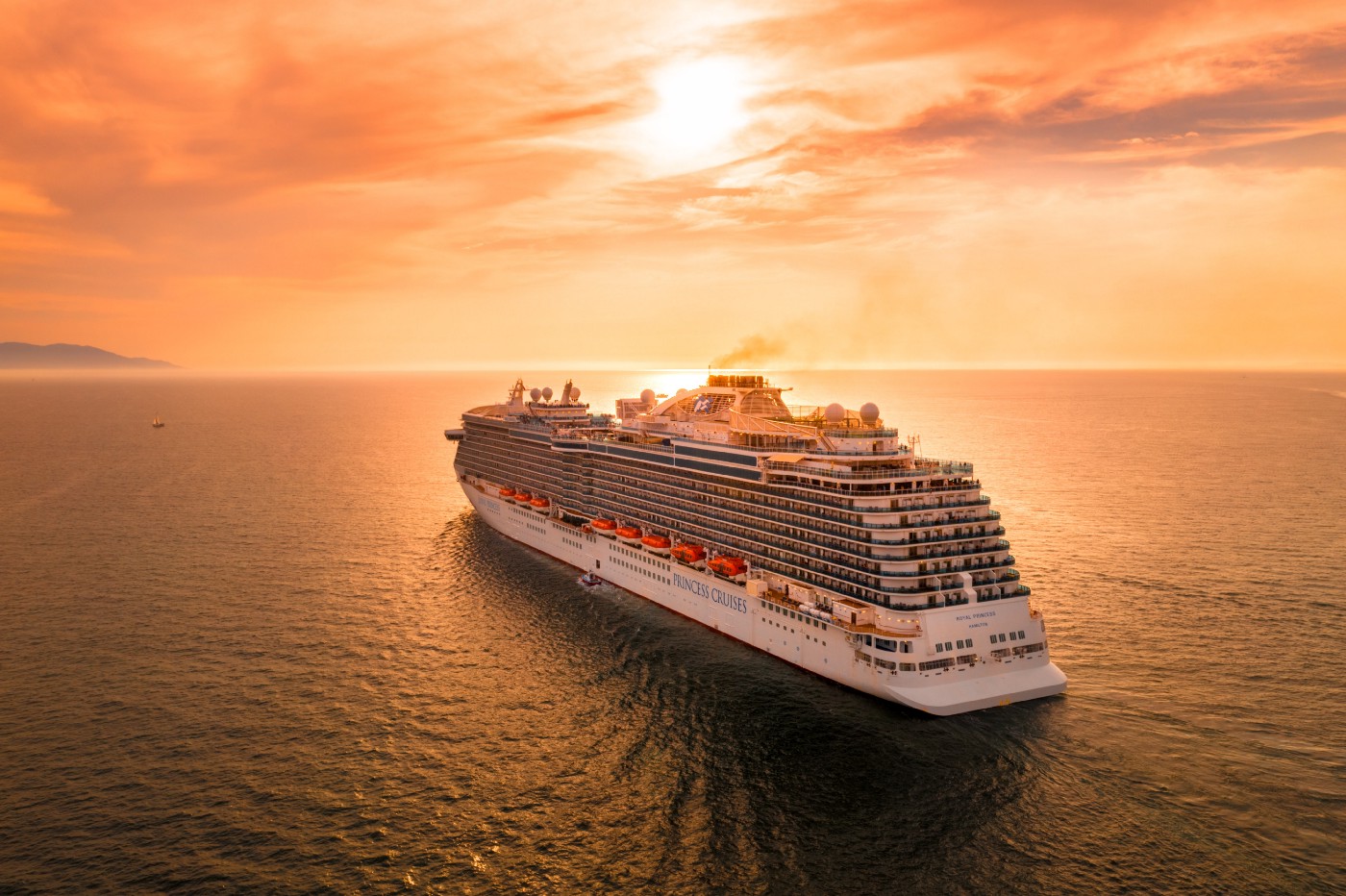Gastro-tourism: where the palate leads you
The passion for food and the delight in tasting and knowing the different flavors, smells and textures that foreign gastronomy offers, is gaining more and more strength within the reasons that drive travelers to undertake their trips to unknown destinations. Let's learn a little more about this new tourist trend: gastro tourism and the most attractive destinations to savor in 2023. Gastro Tourism, as its name explains, is that type of tourism that is carried out to get to know and taste the gastronomy of a certain country. Thanks to streaming platforms and the contents of influencers or travel influencers, tourists are enthusiastic about doing this type of tourism where the main guide is food. According to an article published by Civitatis magazine, these are the main destinations that lead the ranking of the 10 best gastronomic destinations in the world. Discover the main most attractive destinations and fall in love with its gastronomy. Italy. It is not necessary to explain much the reasons why Italy continues to be the top destination that stands out for its gastronomy. Beyond being the epicenter of pasta and pizza, Italian gastronomy is very varied and its international recognition is also characterized by the essence of its aromas
Artificial intelligence in the tourism sector
It is evident how the evolution of technology and AI capabilities are modifying the operations of commerce sectors and industries worldwide. Processes are being optimized and companies can offer better products and services to their consumers. Indeed, AI is here to stay and what may now seem surprising, was discovered in something normal in our daily lives. Today I will talk specifically about how this technological innovation revolutionizes the tourism sector and the performance of hotels. Artificial intelligence has numerous applications in the tourism sector, impacting both the consumer experience and the operating model of companies. Let's see a little more: Customer acquisition. With AI it will be much easier to attract customers, where the search system becomes more and more personalized and companies develop marketing strategies that adapt to consumer requests and preferences. Thanks to this, the number of options is reduced, processes are streamlined and recommendations are precisely tailored to the interests of the client. Business plans. The companies base the preparation of their business plan on strategies that improve and stimulate the consumer experience, maximizing competitiveness and aiming at sustainable tourism with the use of new technologies. For example, with the use of artificial intelligence from Google it is possible to optimize campaigns
The international expansion of hotel brands
With the emergence of globalization, the tourism market is becoming increasingly competitive and challenging, the hotel industry is growing exponentially, causing brands to focus on the growth and advancement of their hotels. Thanks to this, hotel brands concentrate their market management on internationalization strategies that promotes the development of their brands in different geographical locations, offering new products and services according to the resources that serve as opportunities. In the hotel industry, market share complicates the distinction of the products and services offered by hotels, causing hotel chains to base their internationalization strategy on management contracts and franchises. This strategy consists of the union of companies with the same level of production to achieve a higher level of reach, distribution and sales in the market. According to this, internationalization has a number of benefits for hotel brands, I will mention some of them below: Competition is reduced, while national and regional prestige is gained. Access to new markets and consumers globally. Resource costs are reduced. Increase the list of suppliers and shareholders by having so much power in the market. Economies of scale are taken advantage of. A good example of a star hotel brand at an international level is the Hilton Hotel & Resorts
Digging into California’s truffle industry
Few delicacies say “fine dining” like truffles. Notoriously hard to harvest, these luxe fungi can cost thousands of dollars, making them some of the most expensive ingredients. (Like the world’s largest white truffle, which sold for a whopping $61,000 in 2014.) Truffles are high maintenance. In addition to different truffles species needing their specific climates and trees (where they grow on the roots), they can take up to 20 years to develop. The mushrooms are also hard to find once they’re ready, so truffle hunters usually need a trained pig or dog to point them in the right direction. After all the harvesting work, truffles only stay fresh enough to eat for less than a week. These hard conditions don’t just justify the high cost of truffles, they also make growing them in your own backyard a little more convenient–and profitable. Just ask farmers in California. Where in the world are truffles? Although truffles require a long list of specifics before they can make it to world-renowned restaurants, surprisingly they can grow in several areas. However, most culinary truffles come from Europe, including Italy’s coveted white truffle. While Italy, France, and Spain still dominate the truffle market, countries like Australia (now the fourth-largest truffle industry
Top technological innovations for hotels in 2023
The hotel industry is rapidly evolving and with it, the technology. For this new year, major transformations are expected at the technological level that will modify the operation of many sectors, optimizing services and customer experiences. Today, I will talk to you especially about the main technological innovations that the hotel industry will experience this 2023. As a result of the new technologies that are emerging, it is becoming way more challenging to satisfy the expectations and demands of consumers, due to this, the hotel sector has the responsibility and need to keep up to date with new technological trends and adapt to them to provide a more personalized experience to customers and not failing on the face of the competition. In this sense, I will point out some of the main technological trends that the hotel industry offers and that transform the way they provide exclusive experiences to their guests. Contactless payments. This technological trend is very relevant, as it simplifies the transaction process, making it much more convenient and faster. The hotel industry, like many others, has considerably benefited from the technology of mobile phones and wearables, enjoying the advantage that customers can make their payments without the need to carry
Raise a glass to nonalcoholic beverage stores.
Have you heard of Dry January? How about Sober October or No Alcohol November? As the names suggest, these are months when people commit to giving up alcohol for a variety of reasons–from health to a change in interests and activities. Some people, however, are extending sobriety beyond these trendy months into a lifestyle. These days, it’s hard to walk into a store or browse your social media feed without seeing a non-alcoholic cocktail, beer, or wine. Last year, the volume of these products grew around 27 percent in the United States. Also in 2021, alcohol delivery app Drizly had a 166 percent increase in nonalcoholic products on their platform compared to 2019. This makes sense, considering sales for these beverages shot up 600 percent last year. With increased demand, as well as big brands like Heineken developing their own alcohol alternatives, it’s natural for entrepreneurs to hop on this beverage bandwagon in innovative ways. For example, nonalcoholic stores are popping up all across the United States. Earlier this year, Atlanta bottle shop Elemental Spirits Co. and nonalcoholic distributor Elemental Spirits Co. announced they were opening the Zero Co.–the Georgia capital’s first shop devoted to sober spirits. Elemental Spirits Co. founders were inspired to open the Zero Co. after experiencing the
The legendary Pappy Van Winkle.
If you’re a bourbon fan, you have undoubtedly heard of Pappy Van Winkle. I previously mentioned it in another blog as an example of the cult-like magnetism of certain high-end spirits. However, the story of this iconic brand deserves its own telling. Beginning in 1893, Julian “Pappy” Van Winkle was a salesman for W. L. Weller, and would eventually become president of the Stitzel-Weller Distillery. At that time, he was best known for being the first person to make and sell a mass-market fine whiskey that utilized wheat as its secondary grain rather than rye–a move that forever changed the face and taste of Kentucky whiskey. One of his labels, that was introduced just before prohibition, was Old Rip Van Winkle. His son, Julian Jr., would eventually take over. But, unfortunately, the American whiskey craze was dying down. And Junior sold off many of Stitzel-Weller’s barrels and brands–though the family retained Old Rip Van Winkle. When Julian III took over, he began by selling bourbons aged by his father and grandfather. Eventually, he began distilling his own–and later teamed up with Buffalo Trace distillery–creating the Pappy Van Winkle we all know today. It was around then that Pappy Van Winkle began to take off. Specifically, in 1996 after the Beverage Testing
Is the cruise industry making a comeback?
While many industries took major hits due to the pandemic, the cruise industry might have been one of the most publicized sectors in crisis. At the start of the pandemic, it wasn’t unusual to find headlines about outbreaks on cruises, passengers being stranded, or companies suspending travel. The industry also suffered a financial blow. In the United States alone, cruise line companies lost $63 billion between 2020 and 2021. Like much of the world, the cruise industry struggled to stay afloat. Not only were cruises affected by many countries’ travels restrictions, the industry also struggled in the stock market. For instance, shares for popular cruise line Carnival sank more than 30% in March 2020. Once vaccines became widely available, cruise companies put protocols in place to help ensure passenger safety. Now, however, as the world attempts to return to some sense of normalcy, the cruise industry is poised to do the same. Recently, major players like Royal Caribbean International and Princess Cruises have updated their pandemic protocols, making specific changes to vaccine and testing requirements. Passengers on Royal Caribbean cruises, for example, can now set sail whether they are vaccinated or not as long as they adhere to certain testing guidelines. Carnival Cruise Line also updated their policies
Why do investors love real estate?
The real estate sector has given much to talk about in recent years, becoming one of the most striking sectors for investors, thanks to the characteristics that make it a very tempting opportunity. From properties that serve as student accommodation to holiday homes have significantly transformed the real estate sector. Among the key factors that have made this sector increasingly rich are: Investors 2.0 who have decided to diversify their investments, moving away from the traditional sector such as the "build to rent" BTR. The high demand of consumers together with increasingly sophisticated requirements. Hospitality Insights highlights that the population today is growing without "sufficient" housing, a situation that may be influencing the high price of homes in the current market. As philanthropist Andrew Carnegie said, "90% of millionaires made their wealth when they started investing in the real estate world". Although it is true, after the pandemic caused by Covid-19, this sector has grown markedly in developed countries, arousing interest in investors. Finally, if you are interested in starting to invest in the real estate sector, this is your moment. Many properties and buildings were paralyzed as a result of the Covid-19 pandemic, so the current housing market is still limited, however, consumer demand
Is it a good time to invest in the hotel sector?
The hotel sector has recovered after being interrupted by hotel investments because of the impact of the Covid-19 and its respective restrictions imposed, investors globally have shown a strong precipitated interest in the hotel industry. Investors are reinventing themselves in conjunction with consumer preferences and demands towards responsible consumption, focusing their actions on socially responsible investments. This type of investment is more attractive to investors looking for properties according to the characteristics and requirements of the market. According to the Colliers International report, in the first three months of 2022, hotel investment closed with a total volume of 1,520 million euros, a surprising figure that exceeds that recorded in recent years, a total of 52 operations with the purchase of existing hotels, land for the development of the same and to be converted to hotels. Evidencing the recovery of the hotel sector, the pandemic has generated opportunities in adding value to assets, to give hotels the opportunity to adapt actions to the changes and behaviors of consumers with the challenge of keeping up with new trends and technologies, in my opinion it is ideal to invest in the hotel sector. Certainly, the future of hotel investment lies in socially responsible investments.










